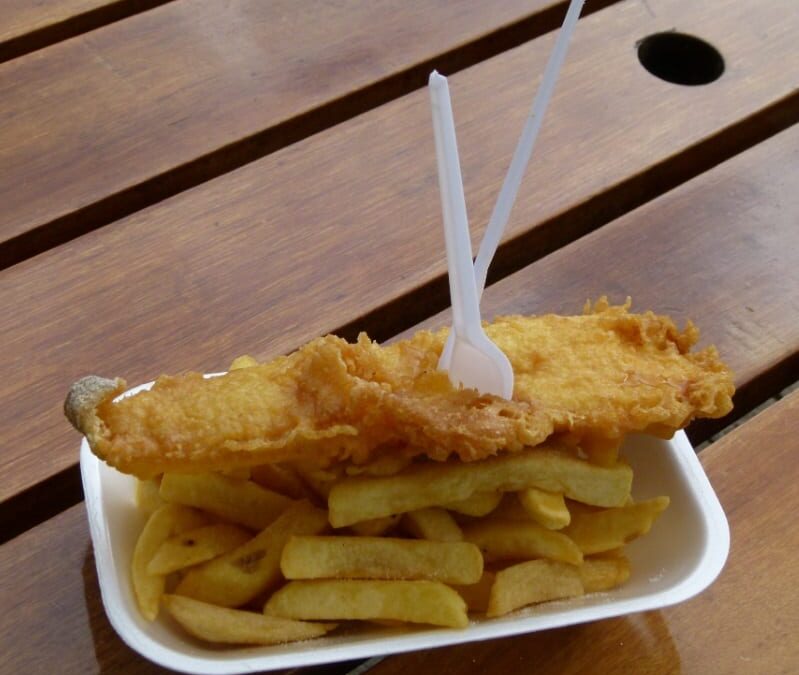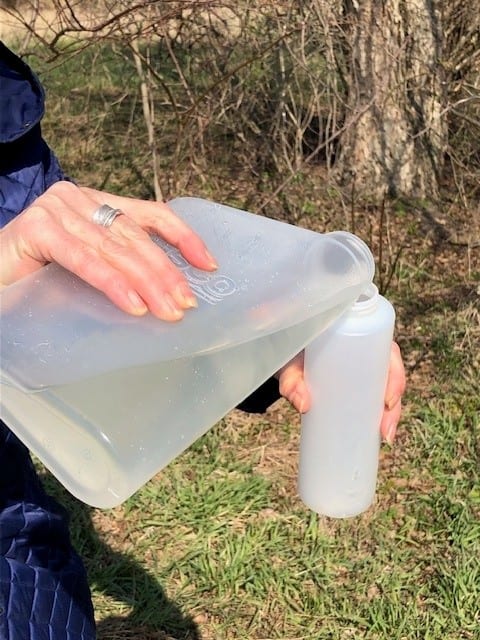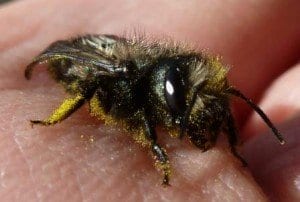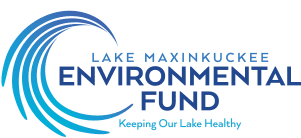
by Debbie Palmer | Apr 7, 2021 | Featured, General, Lake Info
I recently received notification that Indiana Department of Environmental Management (IDEM) had updated their 303(d) list, a water quality testing list used to identify and prioritize waterbodies not meeting water quality standards. I searched for waterbodies in...

by Debbie Palmer | Apr 5, 2021 | Featured, Lake Info, Water Quality, Watershed
“Eighty percent of pollution to the marine environment comes from the land. One of the biggest sources is called nonpoint source pollution, which occurs as a result of runoff. Nonpoint source pollution includes many small sources, like septic tanks, cars,...

by Debbie Palmer | Apr 1, 2021 | Featured, General, Watershed
Image courtesy of Dave Hunter, Crownbees I am sure you are well aware that across the world pollinators are in trouble. Their decline is attributed to habitat loss, expanded pesticide use, introduction of invasive species, diseases and pests, and climate change....
by Debbie Palmer | Apr 1, 2021 | Newsletters
April Newsletter 2021Download
by Debbie Palmer | Mar 1, 2021 | Newsletters
March Newsletter 2021Download
by Debbie Palmer | Mar 1, 2021 | Newsletters
March Newsletter 2021Download

by Debbie Palmer | Feb 24, 2021 | Featured, Interviews
Gibson Girl The personification of the feminine ideal of physical attractiveness as portrayed by the pen and ink illustrations of artist Charles Dana Gibson during a 20-year period that spanned the late 19th and early 20th centuries in the United States. ...

by Debbie Palmer | Feb 8, 2021 | Featured, General, Water Quality, Watershed
Wetlands are not just puddles or “low spots with some cattails.” They serve a vital role in the environment; flood control, pollution filtering and habitat for wildlife, to name just a few. In order to be considered a wetland, all three of the following...
by Debbie Palmer | Feb 1, 2021 | Newsletters
February Newsletter 2021Download

by Debbie Palmer | Jan 19, 2021 | Featured, General
Today’s blog is not about Lake Maxinkuckee or conservation but I had such a positive experience yesterday that I wanted to share. I received an email a few weeks ago through Town Gown & Lake (TG&L) about the need for non-medical volunteers to help with COVID...








Recent Comments